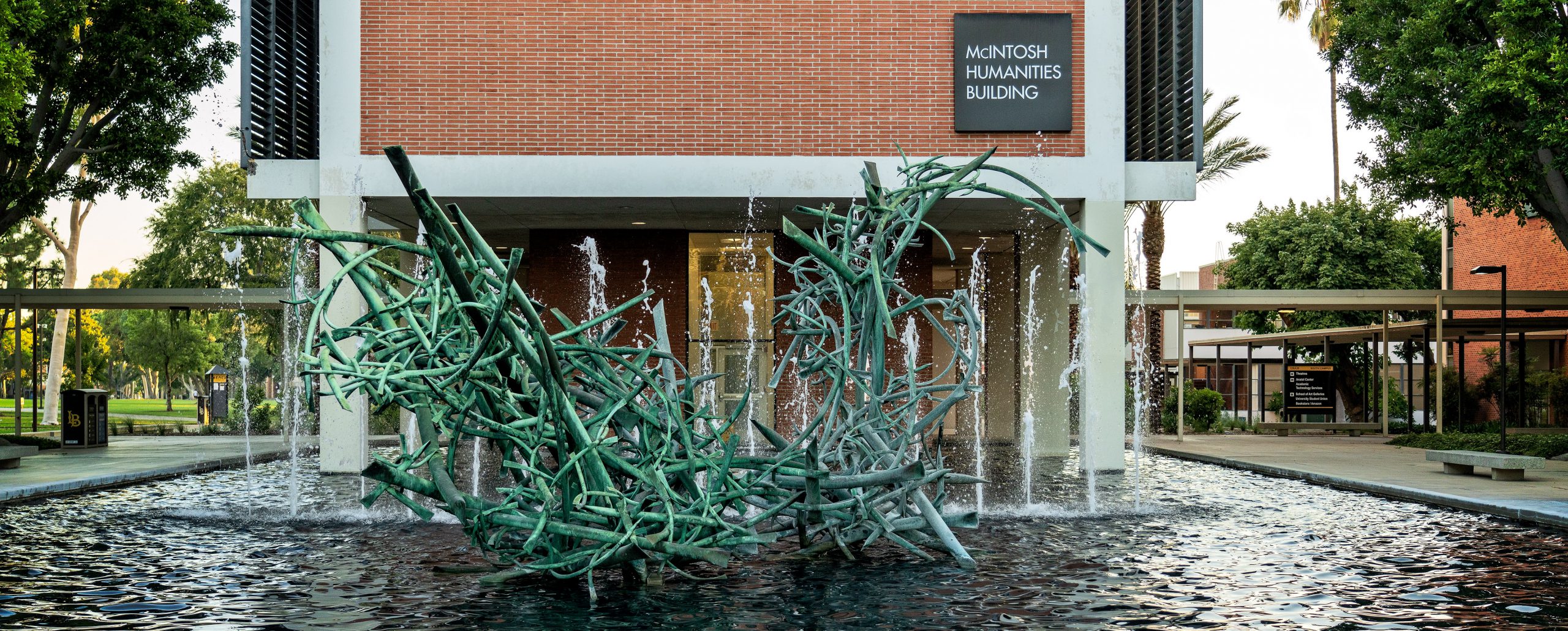CLA AND SOCIAL JUSTICE: BLACK LIVES MATTER
April 1, 2022In light of the recent protests and statements in support of Black Lives Matter and other anti-racist organizing efforts, the College of Liberal Arts is highlighting how its courses incorporate issues related to Black Lives Matter. We will highlight one course each month. You can view all of our courses here: https://cla.csulb.edu/black-lives-matter/
See the description below detailing how CLA faculty advance the anti-racist messaging of Black Lives Matter through assignments, readings, and pedagogical practices that affirm the lives, history, and culture of Black people across the globe. Descriptions fall into one of three categories—Long-Standing Practices, Recent Changes, and Future Plans—designed to demonstrate the ongoing nature of anti-racist efforts:
Recent Change
Instructor: Elizabeth Dahab, Ph.D.
Course: CWL 415 Ethnic Literature
In the most recent version of CWL 415, more precisely, since Fall 2020, I have decided to set the tone of the course by covering an analytic article I have published in Counterpunch in regards to the brutal murder of Rayshard Brooks by two white police officers barely three weeks after the killing of George Floyd. We go over the article together, sentence by sentence, and we also take time to carefully analyze step by step the 40 minute footage of the police encounter that led to murdering a man in the process of running away from the scene, and who, consequently, offered no threat whatsoever to the lives of the two police officers involved (https://www.counterpunch.org/2020/06/16/systemic-racism-and-the-killing-of-rayshard-brooks/). Students are typically very taken by both the video and the article which ends with a poem by Claude McKay, “If We Must Die,” written in response to the 1919 Red Summer white mobs attacks on African Americans in cities across the US. Juxtaposed to a 2020 event, this 1919 poem establishes the fact of the persistent continuity of violence against blacks in the US.
We then proceed with the long standing practice of studying such topics as the destruction and formation of African culture in black experience; the institution of slavery and its literary effects; the power of language in black experience; Harlem Renaissance and modernism; African American intellectuals and Négritude, and the power of literary, oral and artistic expression in black experience. We have riveting discussions pertaining to the history of racism and the extent to which manifest destiny has played a role therein.
Authors include Langston Hughes, James Baldwin, Maya Angelou, Richard Wright, Claude McKay, Paul Laurence Dunbar, Léopold Sédar Senghor, and such fascinating literary figures.
We spend a good three weeks analyzing Richard Wright’s Black Boy, a big eye opener, though very painful to read. We do an array of “activities” around this text, including popcorn reading interspersed with personal responses, thematic and linguistic analysis, and a close reading of the atrocities endured by Richard Wright during the Jim Crow era. Students have invariably reported that this text was one of the highlights of the course.
